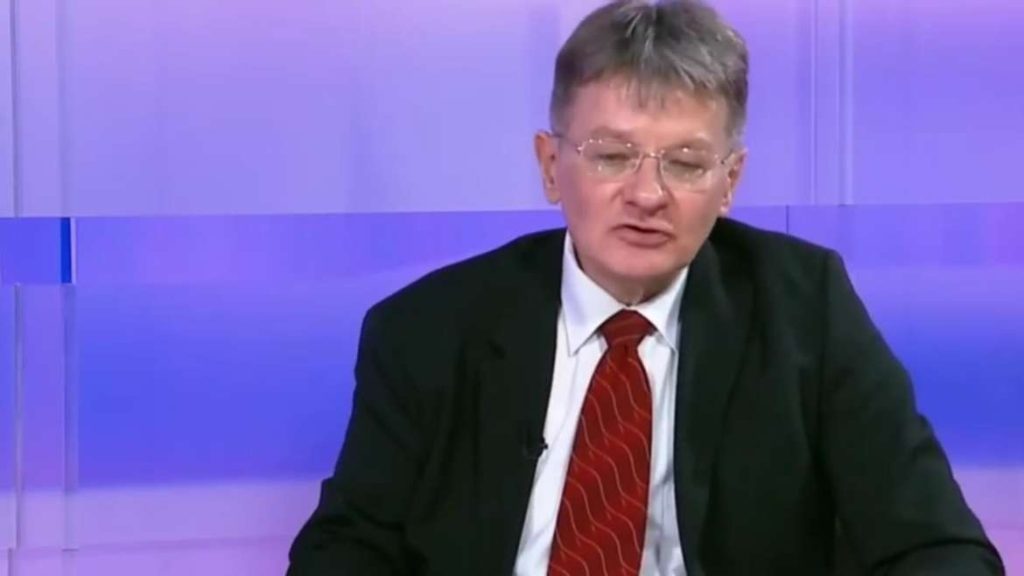He told the paper he planned to convene Supreme Court judges, State Attorney’s Office (DORH) representatives and criminal law professors from Croatia’s four law schools.
Although the Supreme Court took a stand on the extradition and the Constitutional Court has not opposed it, our court practice of acting on the EAW, which was created in a hurry, cannot be considered indisputable, Dobronić said.
If DORH took a completely opposite stand on extradition, if criminal law professors said the Supreme Court’s stand was wrong, “we can’t say that we don’t have a problem,” he added.
We should first examine if the Croatian EAW Act is sufficiently clear, then we should examine if the courts have interpreted it correctly, and thirdly, we should see whether we should change the practice, the law, or nothing, Dobronić said.
In his opinion, in acting on the EAW, Croatia should not deviate from the laws and practices in force in most EU member states.
“If Germany doesn’t extradite its citizens under certain conditions, then we shouldn’t do it either. Generally speaking, there is no reason for us to extradite our citizens more than other EU states and to build our own original extradition practice,” Dobronić was quoted as saying, adding that “extradition is an exemption and we should apply it extremely restrictively.”
For more, check out our politics section.








